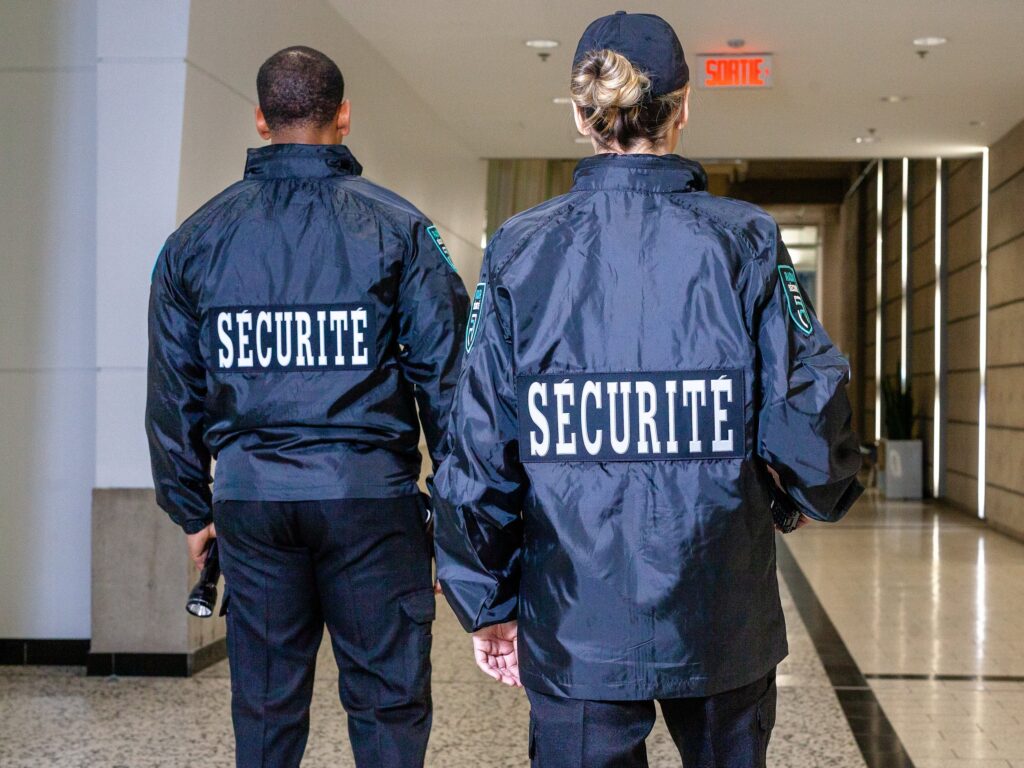Working during the winter season in cold conditions carries with it a set of hazards, potentially more so than any other season, especially for security officers who spend a large portion of their shift outdoors. It is extremely important to be aware of these hazards and how they can affect you and your co-workers. To understand how to prepare and work safely in cold/winter conditions, here are some tips:
Signs of stress during cold weather
Cold stress can lead to hypothermia. This usually happens slowly and workers may not realize they are in danger. The sensation of cold is the most crucial warning sign to note. There are three stages to hypothermia:
Mild: Chills, dizziness, poor judgment or confused thinking.
Moderate: - Violent chills, inability to think or pay attention, slow breathing, slurred speech, poor body coordination.
Severe: Loss of consciousness, little or no breathing, weak, irregular or no pulse.
If you notice any of these symptoms in yourself or another security guard, it is imperative that you get out of the cold and notify your supervisor or manager immediately. Depending on the stage you are in, you may need urgent medical attention.
Injuries, risk prevention and strategies
Non-slip footwear is recommended, especially during the colder and wetter months. In snowy and icy outdoor conditions, ice crampons may be necessary as a preventative measure to ensure your safety. Don't rush, walk with caution. While you may be tempted to rush to an incident or call, it is essential to be aware of conditions and walk at a safe pace. Stay safe!

